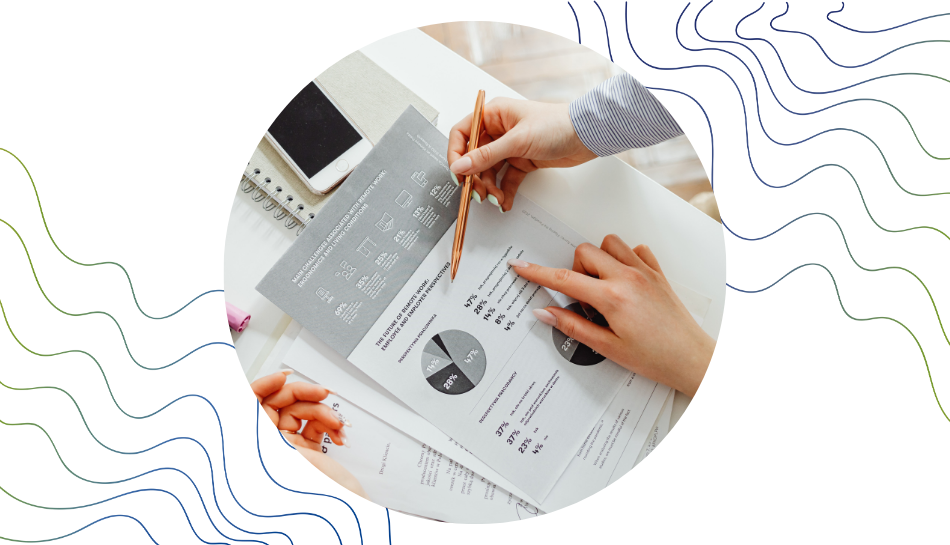
In today’s fast-paced business world, keeping track of your finances manually is no longer practical. Whether you run a small startup or a mid-sized enterprise, having the right accounting software can help you stay compliant, organized, and efficient. But like any digital solution, it comes with both benefits and challenges. So, what are the pros and cons of accounting software in 2025? And is it worth the investment for your business?
Pros: The Advantages of Accounting Software
1. Time-Saving Automation
Modern accounting software for startups and businesses automates routine tasks like invoice generation, expense tracking, tax calculations, and financial reporting. What used to take hours with spreadsheets now takes minutes.
2. Better Accuracy
Manual data entry is prone to errors. Accounting software minimizes human mistakes with features like validation checks, built-in tax rules, and real-time syncing between modules.
3. Real-Time Financial Insights
Most platforms offer dashboards and reports that show your cash flow, income, expenses, and profits at a glance. This allows for faster and more informed decision-making.
4. GST and Tax Compliance
In 2025, regulatory compliance is more digitized than ever. Good accounting software keeps your business updated with the latest GST formats, auto-generates e-invoices, and helps you file returns on time.
5. Cost-Effective for Small Teams
For startups and small businesses, affordable accounting software replaces the need for a full-time accountant or finance department, especially in the early stages.
6. Easy Scalability
As your business grows, your software can scale with you. Most platforms offer advanced features, add-ons, and multi-user support, making them future-ready.
7. Cloud Access and Security
Most accounting software today is cloud-based, meaning you can access your data from anywhere. Your financial records are also encrypted and backed up regularly, ensuring peace of mind.
Cons: The Disadvantages of Accounting Software
1. Initial Learning Curve
Even the most user-friendly software can be intimidating at first. Small business owners with little accounting knowledge may need time to learn the interface or require basic training.
2. Costs Can Add Up
While basic plans are affordable, costs can increase with additional users, advanced features, or integrations. Startups should carefully evaluate what they really need.
3. Limited Customization
Some off-the-shelf software might not align with your unique business processes. In such cases, customization can be limited unless you go for a custom-built or modular system.
4. Internet Dependency
Cloud-based software requires stable internet. In areas with poor connectivity, accessing your accounting records on the go might be a challenge.
5. Data Security Concerns
Although most providers ensure high-level security, storing financial data online always carries some risk. It’s crucial to choose a provider with strong security protocols and data protection policies.
6. Technical Support Varies
Not all software comes with quality customer support. Some providers offer limited help in basic plans, and resolving technical issues may take time.
So, Should You Go for It?
If you’re still using Excel sheets or handling invoices manually, now’s the time to switch. The advantages and disadvantages of accounting software do exist, but for most businesses, the pros far outweigh the cons. Startups and SMEs in particular benefit the most. With features that simplify daily operations and ensure compliance, modern accounting software for startups is more of a necessity than a luxury.
Final Thoughts
Choosing the right software comes down to your business needs, budget, and comfort level with technology. If you want to save time, reduce errors, and stay organized, accounting software is a smart move.
Just make sure to pick a trusted solution, one that offers strong support, local compliance (like GST in India), and room to grow.
Frequently Asked Questions:
Automation, accuracy, real-time reporting, compliance, scalability, and easy data sharing with stakeholders.